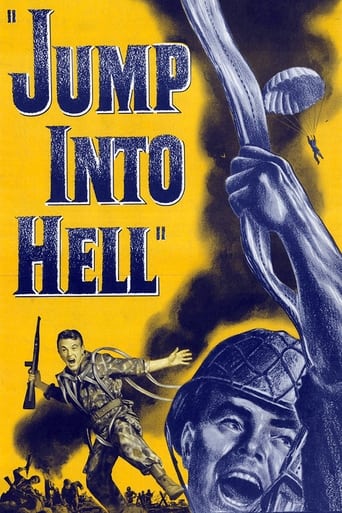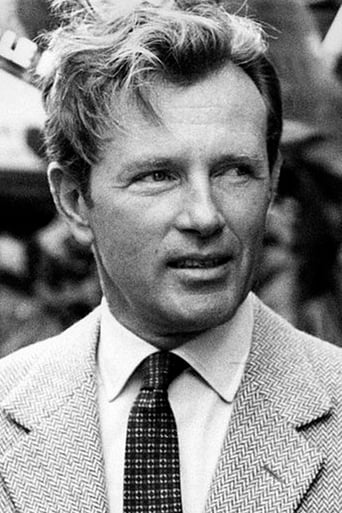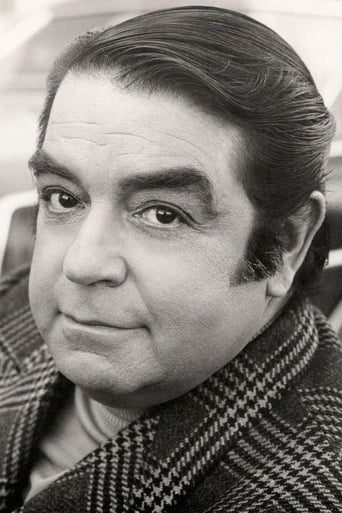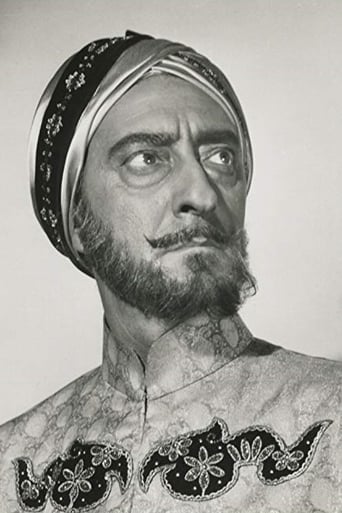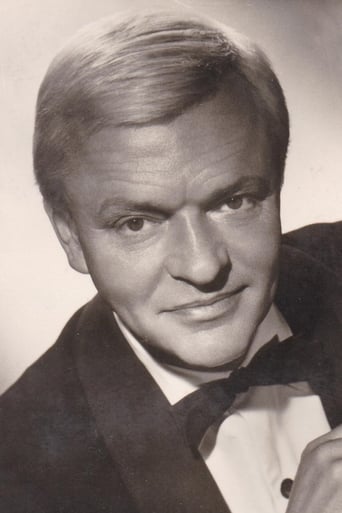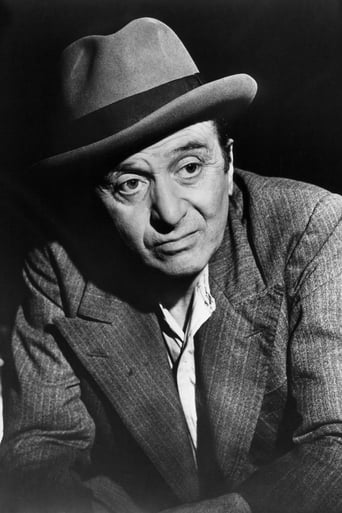MoPoshy
Absolutely brilliant
SeeQuant
Blending excellent reporting and strong storytelling, this is a disturbing film truly stranger than fiction
Jemima
It's a movie as timely as it is provocative and amazingly, for much of its running time, it is weirdly funny.
Scarlet
The film never slows down or bores, plunging from one harrowing sequence to the next.
tomsview
In 1992, The French made "Diên Biên Phu" a movie about the battle. It was their "Apocalypse Now". It's pretty impressive. The only other movie I have seen about the event is "Jump into Hell". However it is anything but impressive, and although there are some facts in there, the filmmakers didn't let them get in the way of the drama.When I was a kid in the 1950s, I used to like this film. At the time it seemed a novel war movie set in an obscure place called Indo-China, and as it didn't involve our guys, it could be viewed with a certain amount of detachment. But of course a few years later it morphed into the Vietnam War and did involve our guys very much indeed.Looking back, the views in the film seem awkward - Russian and Chinese communism is presented as the main reason the French are having such a hard time rather than any nationalistic spirit on the part of the Vietnamese.The look of the film is patchy. Grainy documentary footage is mixed with scenes shot for the film and it isn't seamless. The acting is of the emphatic variety with exposition issuing from all and sundry.The key points of the battle are touched upon: the outgunned and outnumbered garrison; the isolated forts all named after women that fell one by one, and the fact that reinforcements bravely parachuted in.Long after I saw "Jump into Hell", I read Bernard Fall's history of the battle, "Hell in A Very Small Place". It left me with respect for the French soldiers, especially the paratroopers. Jacques (Jack) Sernas plays one of the soldiers who parachutes in along with characters who were Hollywood's version of typical Frenchmen - wine and women being a big focus.A recurring motif is the interaction between the commander, General De Castries (Arnold Moss), and defeatist Major Maurice Bonet (Lawrence Dobkin). Each time the major suggests surrender, instead of popping him against the wall and spraying him with bullets, the general sprays him with high-minded speeches about how they are sacrificing themselves for the freedom of the world. However after a gallant stand, the garrison of Diên Biên Phu did surrender."Jump into Hell" is a hard one to recommend to an audience these days, but it does reveal the mindset of the 1950s and in a way helps explain why the next phase of the war in Vietnam was probably inevitable.
dougdoepke
The narrative follows the 1954 battle of Indo-China's Dienbienphu, as the French try to prevent their fortress from falling to the indigenous Viet Minh.Strictly as a war movie, the results are not very good. Outside of the stock footage, the small battles are not well staged. For example, there's that dreadful scene where three French troops dive into a Viet Minh foxhole, the battle being filmed more like a Three Stooges comedy than a matter of life or death. That's not surprising since director Butler's credits shows a distinct preference for comedy. Then too, the acting, particularly Van Eyck, is uninspired, to say the least. I agree with the reviewer who notes the movie's best parts are those in Paris. Also, note how brief the women's parts are even though they're given the kind of billing that misleads audience expectations.All in all, it's not possible to discuss this nakedly propagandistic movie without a few observations. The Viet Minh are consistently vilified, while the French colonialists are consistently lionized (with one exception). Nowhere, however, does the film acknowledge the French as an army of foreign occupation, in service to what remained of the French empire post-WWII. Nor does the film distinguish between nationalism, anti-colonialism, and communism. Yet all three were in play among the Viet Minh. The political landscape was, in fact, much more complex than this simple-minded, reductionist screenplay acknowledges. As propaganda, the movie is clumsily obvious, at best. Too bad, we Americans had to find out the complex realities of Indo-China the hard way. At the same time, it's movie screed like this that helped grease the skids.
guanche
This is one of the very few films dealing with the the "French" phase of the Vietnam War. It's a medium budget (even though the guns aren't fully authentic) American film with many European actors. It was made at the height of the Cold War, and before the American public became jaded and cynical over our own involvement. Many brave men on both sides sacrificed their lives at Dienbienphu, and most believed deeply in their respective causes. A fair number of rear echelon French troops---including Vietnamese and Foreign Legionnaires (some of them with ugly past lives in the SS) parachuted into the slaughterhouse, even after the situation had become hopeless. Amazingly, some of them had never jumped before! But, despite this truly monumental display of courage, the overly worshipful portrayal of the French is more than a bit over the top.The idea of turning Dienbienphu---surrounded by densely forested mountains----into a super firebase in an area with only one all weather road and an airstrip right under the concealed guns of an unsubdued enemy, was a military blunder of the first rank.Unmentioned in the film is the fact that the French really expected massive U.S. intervention if they got into serious trouble. But, they didn't even get the airstrikes they begged for. The ending is a bit deceptive since it is implied that the French went down fighting to the last man. Although they sustained heavy battle casualties, in actuality they surrendered after running out of ammunition, and thousands of French soldiers and legionnaires went into captivity. Many died of disease and malnutrition.The movie does contain a fair amount of action and the battle scenes are well staged. Strangely enough, some of the best parts deal with the "soap opera" flashbacks of the main characters about their prewar lives. I loved this movie when I was a kid. Although my subsequently acquired knowledge has cooled my enthusiasm in many respects, it is still an interesting historical period piece, and a worthwhile story about bravery and sacrifice.Another one of a rather surprising number of quality films that have never made it to commercial video.
kent-johnson
Well done look at the French loss at Dien-bien-phu which some historians believe led to their withdrawal from Indo-China. Demonstrates the difficulties in fighting a committed enemy on his own ground long before US faced the same problems. French efforts to reinforce and save their forces in an enclave surrounded by soldiers that would, in later years, be described as Viet Cong prove to be unsuccessful. Loyalty to comrades on the ground leads French paratroopers to jump into a death trap.Stars Jacque Sernas who later played Paris, Prince of Troy, in "Helen of Troy" with Rosanna Podesta as Helen. That 1956 movie should be a good measuring stick for the new Brad Pitt version.
